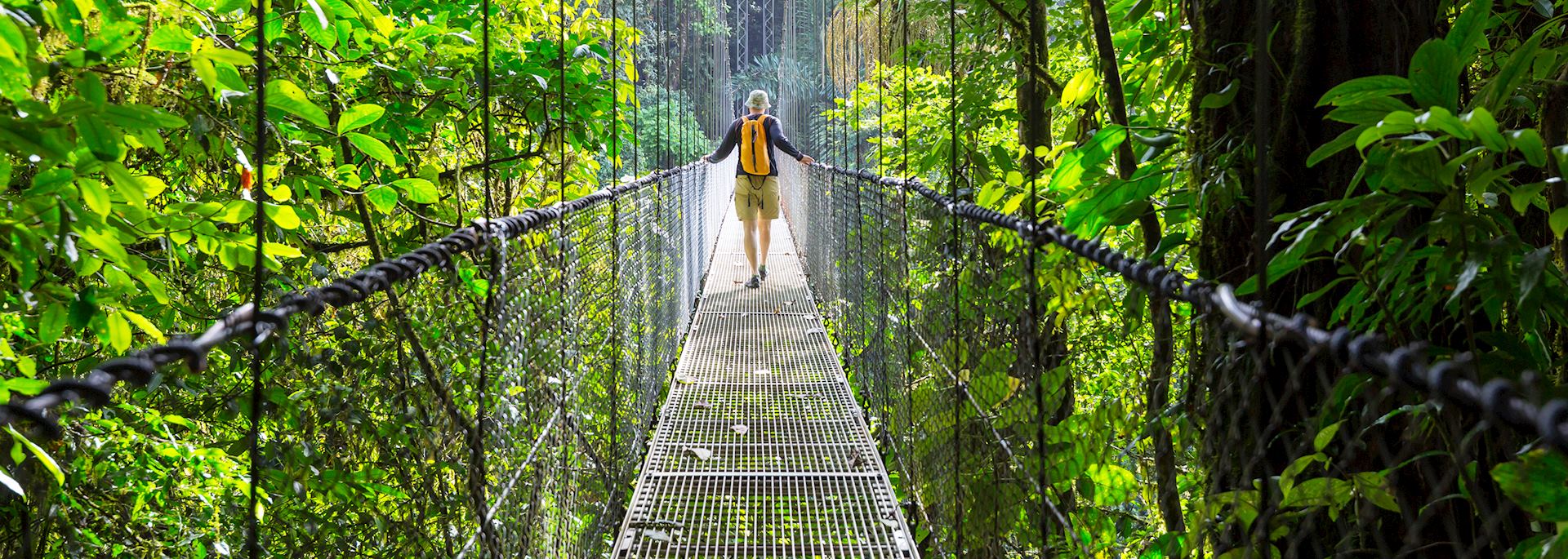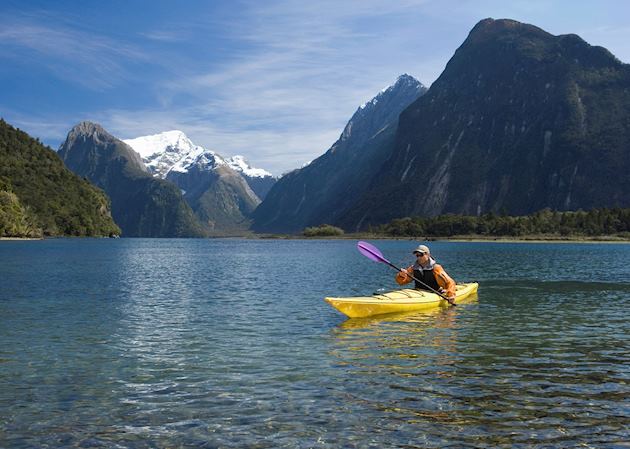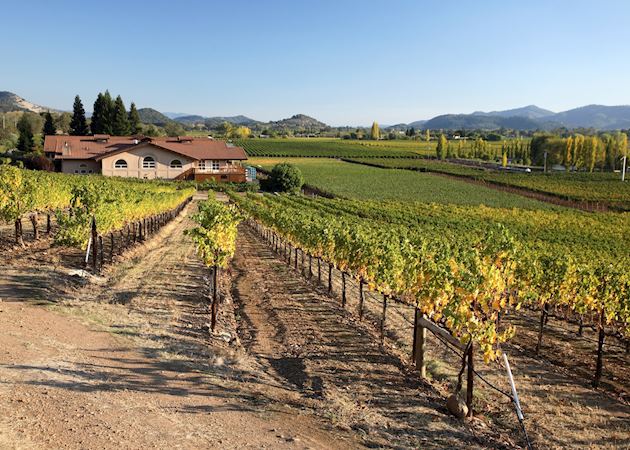Sunset over the Serengeti and dawn breaking over the Andes… The calls of shopkeepers in a medina and the smell of incense in a temple… The fiery taste of tom yum kung and the cool breeze off the ocean… While travel is different than it used to be, the simple pleasures of being in a different country remain the same. And believe it or not, some aspects are even better.
If you’re looking ahead to a trip this year, you might be curious about what it’s like to travel right now. We’ve talked to some of our specialists who’ve recently returned from trips to gather their impressions, top tips, and thoughts on why travel is more important than ever.
1. Travel is actually better right now (in some ways)
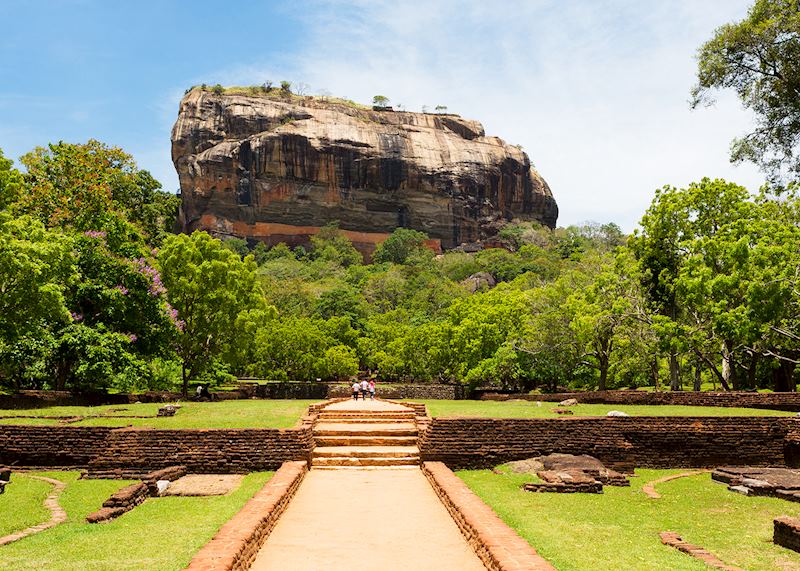
Matt, just back from Sri Lanka
I just returned from two weeks in Sri Lanka, a much-delayed research trip that explored many of the places I’ve loved since my first visit in 2009. The highlight was a day spent in Gal Oya National Park, a remote patchwork of forests, grassland and lakes that’s still largely unknown to visitors. It’s so wild and remote that I felt like I was blazing a trail through unexplored territory, especially now, with so few others visiting Sri Lanka.
My top tip: revel in the joy of travel
Travel use to be so easy that, I admit, I took it for granted. On this trip, I couldn’t help but relish the little joys of visiting and made a deliberate effort to cherish those moments: the scent of a frangipani flower, a fresh mango served with a squeeze of lime, discussing the cricket scores with my guide. I fell in love with Sri Lanka because of the warmth and generosity of the people, which remained the same, but there were far fewer visitors, which meant I could spend more time with anyone I encountered.
The relative quiet also means you can enjoy popular sights without any crowds. I’ve climbed Sigiriya Rock Fortress plenty of times, but never with so few others. And, when I was on a safari in Yala National Park, it was often just me, my guide, our 4x4 driver, and the elephants.
2. Increase your impact by visiting areas that depend on tourism
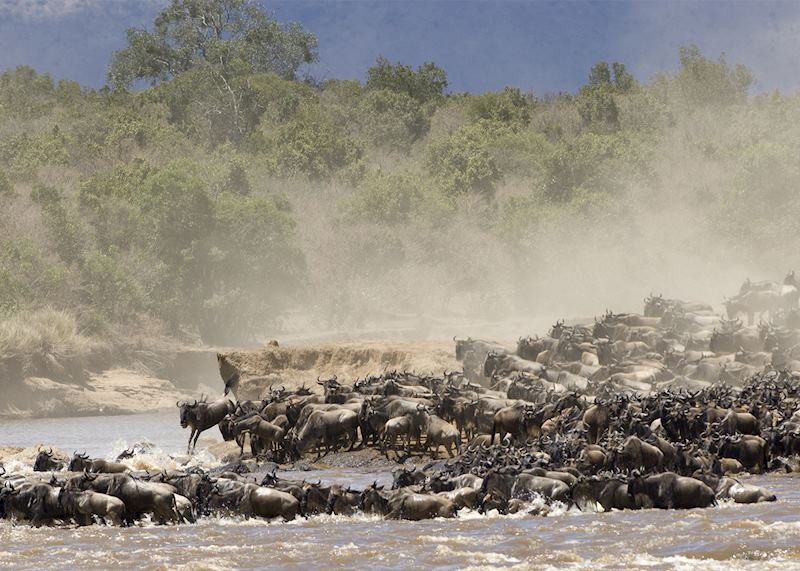
Laura, just back from Tanzania
The Serengeti is probably the most popular African safari destination, but during my most recent trip there, I was struck by how much more skittish the animals seemed. The pandemic seemed to have hit a reset button and the whole region seemed more natural. It felt like a rare chance to glimpse something truly wild, especially when I had a front-row view of wildebeest fording the Mara River — millions of them pouring across the water, with just a few other visitors to see the spectacle.
My top tip: travel thoughtfully
Many of the places I love to visit depend on tourism to stay afloat. My safari guide, Jackson, spent years training to become a guide and he was transparent about how important visitors were to people like him, as well as the animals that I’d come to see.
We always work with local guides, but there are plenty of other ways to make sure your trip helps the places you’re visiting. We’re devoted to animal welfare and we’ve worked with the experts at ANIMONDIAL to ensure your trip doesn’t have a detrimental effect on the welfare of working, captive or wild animals. You can also choose lodges and hotels that designate a portion of their proceeds to conservation efforts, or that have very low ecological footprints. Additionally, you might opt to visit locally owned restaurants and social enterprises, which will enrich your experience and put money directly back into the community.
3. Knowledge is power
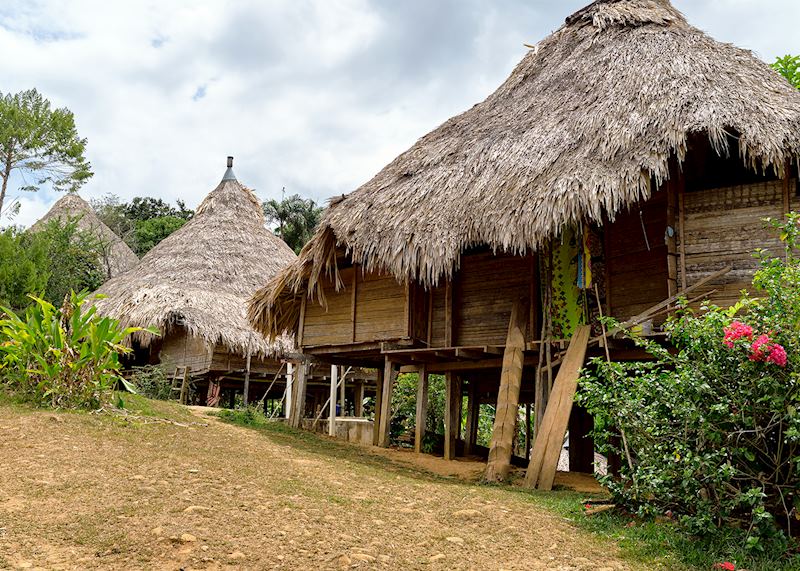
My trip to Panama included a visit with the Embera people, deep in the heart of the jungle. Daniel, a community leader, met my canoe wearing two things: a traditional beaded skirt and a face mask. The contrast was striking and really drove home how global this virus is.
My top tip: stay up to date
Here at Audley, we work hard to stay on top of the ever-changing landscape of requirements, restrictions, and flight schedules. We provide you with the information and support you need to travel securely, as well as the flexibility to deal with any changes you might need.
For example, the rules for entry to Panama changed just three days before my last trip. We have a dedicated team who are focused on following the latest updates, and with the help of my colleagues, I was quickly notified of the changes and managed to get access to the correct test at short notice.
And, of course, you can be sure that we’ll never send you to a destination unless we’re sure it meets our rigorous safety standards. We have a whole team in place who monitor these issues around the world and we’ll only send you somewhere once we’re sure you’ll have an enjoyable and fulfilling experience.
4. Pack your patience
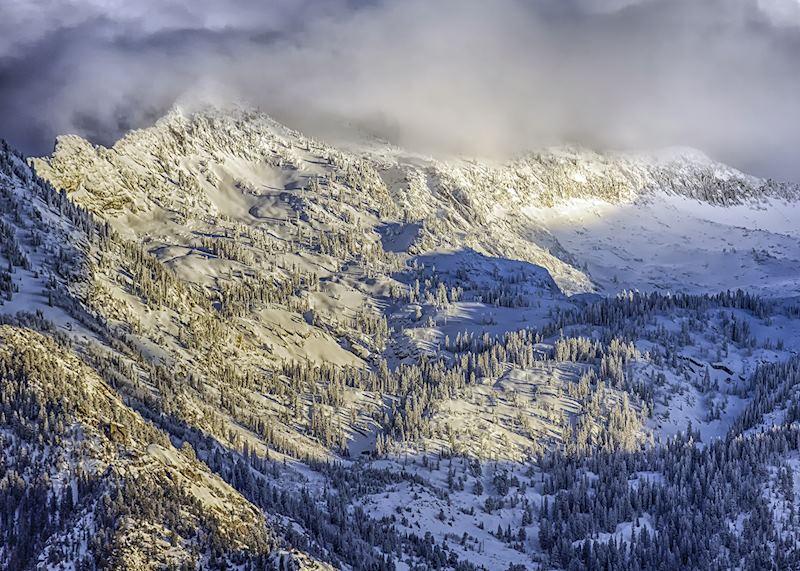
In early December, I took a quick trip to The Lodge at Blue Sky, a luxe mountain resort just outside Salt Lake City. Just as I landed, snow started to fall, and I got to enjoy views of the Wasatch Mountains cloaked in wintry white. The lodge has a menu of activities that focus on wellness and the pristine natural setting, including snow shoeing, skeet shooting, and twice-a-day yoga classes. My three days there felt like a balm after the complexities of the past two years.
My top tip: be patient and flexible
One of the most important things to pack is a cheerful and resilient outlook. You’ll need patience and flexibility to deal with longer waits, logistical hurdles, and occasional delays. Staff shortages and other issues meant I had a nine-hour flight delay on my way home. However, everyone in the airport maintained an upbeat mood; I don’t know why, exactly, but it might have had something to do with a renewed appreciation of travel.
5. Dust off your documents
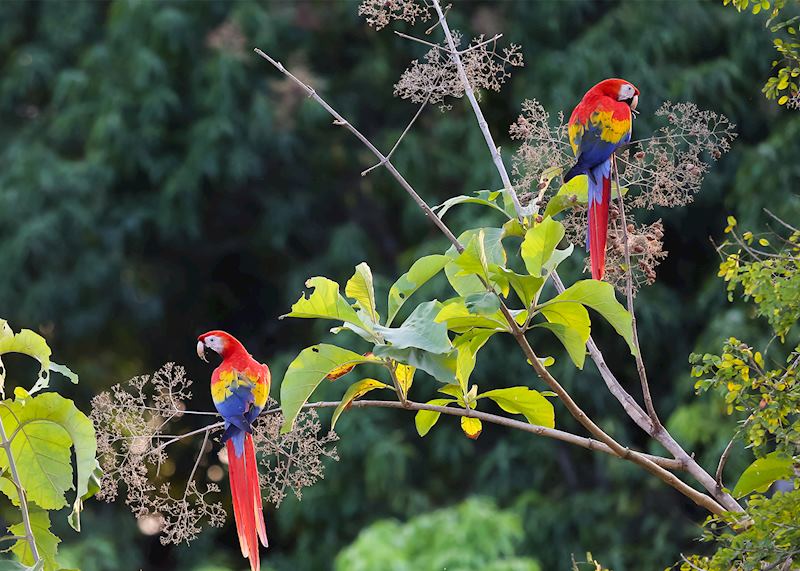
Elyssa, just back from Costa Rica
I lived in Costa Rica for a while and my return trip in November was an interesting contrast. When I was in hotels, I often shared the space with just one or two other visitors, especially once I got away from the beaches — sometimes I felt like I had the country all to myself. I spent almost the entire trip outside, exploring the rainforest, just me and my guide, which gave me the opportunity to almost forget about the pandemic.
My top tip: check your travel documentation
My passport expired in March, and it took two full months to renew, even though I paid for the fast-track process. Regular renewal can take even longer. If you haven’t looked at your passport or other necessary travel documentation for more than two years, I suggest that you double check the expiration dates right away. And if you have welcomed any new additions to your family, you’ll need to get them a passport, too. Plan ahead — these processes may take longer than you think.
Your specialist will also go over the list of medical documentation you need for your trip, including necessary vaccines and the proper proof for each country’s Covid-19 restrictions. In many of our destinations, you’ll be met at the airport by one of our partners on the ground, who can help you deal with the paperwork and even escort you through some checkpoints, avoiding long wait times.
Was this useful?

